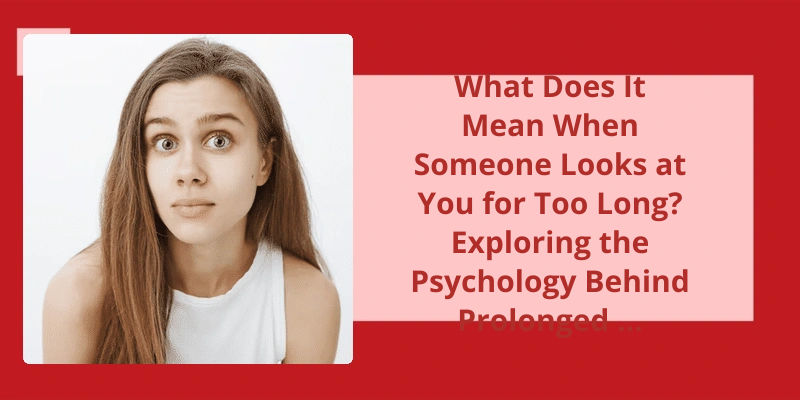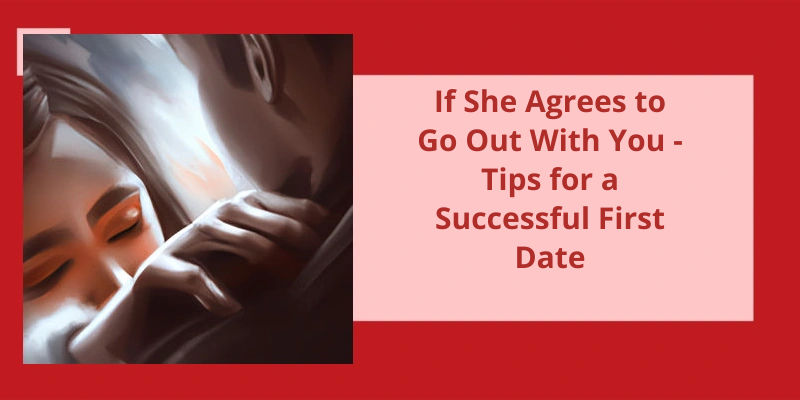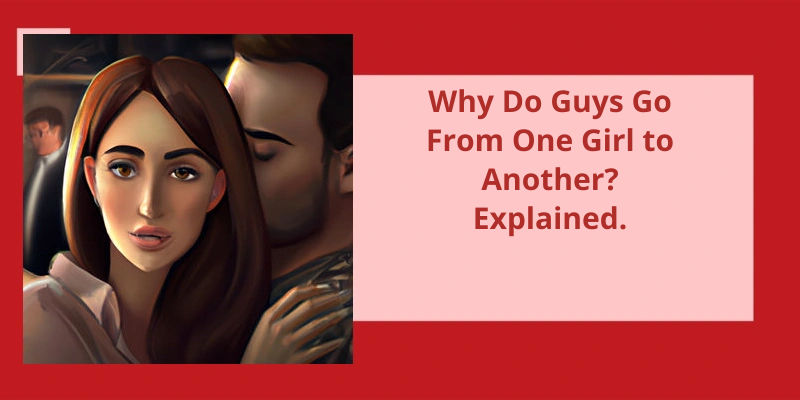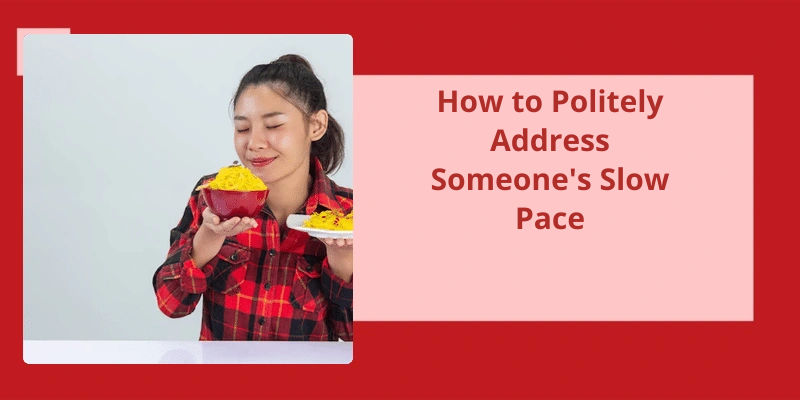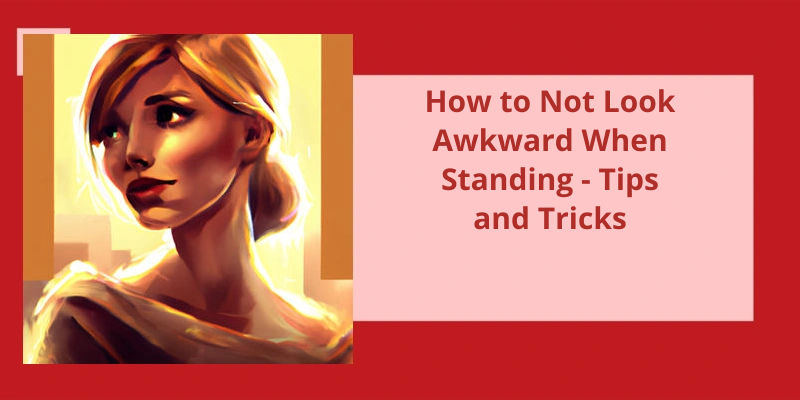As social beings, we’re often drawn towards the fleeting glances and curious stares of those around us. It's not unusual to catch someone looking at us for a moment or two – it could be because of our unique features, our sense of style or even just our general presence. But what happens when those looks linger a little too long? When someone holds our gaze for an extended period of time, it can leave us feeling somewhat uncomfortable – like we're being analyzed or scrutinized. However, the truth is that this extended stare could mean something entirely different altogether. In some cases, it likely indicates a degree of attraction towards us and a desire to pursue us further. So, what should we do if we find ourselves on the receiving end of such a gaze? Is it a cause for concern, or could it be an opportunity for something more? In this article, we'll delve deeper into the meaning behind prolonged eye contact and explore what it could reveal about the intentions behind someone's gaze.
What Does It Mean When Someone Stares at You for Too Long?
, researchers at a prestigious university in the US published a study that delved into the various meanings behind prolonged eye contact between people. According to the study, eye contact is a type of nonverbal communication that can convey a range of emotions and intentions. When someone stares at you for too long, it can mean many things, depending on the situation and the individuals behavior.
When someone is interested in another person, they might hold eye contact for longer than usual as a way of signaling their desire. This can happen between strangers or people who’re already in a relationship, and it can be a subtle way of expressing interest before actually making a move.
How to Respond When Someone Stares at You for Too Long
- Stay calm and composed
- Don’t make assumptions or jump to conclusions
- Avoid staring back or engaging in a staring contest
- Try to create a distraction or shift their focus elsewhere
- Move away from the situation if possible
- Seek help or support if you feel uncomfortable or threatened
In our daily interactions, eye contact plays a crucial role in communication. However, staring for too long can easily cross into the realm of discomfort and provoke an adverse reaction. Interestingly, recent research has demonstrated that there may be an optimal duration to hold someone’s gaze without inducing awkwardness. Let’s explore this fascinating new finding.
How Long Is Too Long to Stare at Someone?
When it comes to staring at someone, we all have unique preferences and comfort levels. Some people might enjoy prolonged eye contact, while others may find it intrusive or uncomfortable. However, research has shown that there’s a sweet spot when it comes to staring at someone for the optimal amount of time. This optimal duration of staring is around 3.3 seconds, according to recent findings from a study in the United Kingdom.
Moreover, keeping eye contact for too long can also interfere with the conversation, making it difficult to concentrate on what the other person is saying or express yourself confidently. This is especially true in job interviews or formal meetings, where you want to project confidence and professionalism. Therefore, along with focusing on the optimal duration of eye contact, it’s essential to pair it with active listening and effective communication skills.
Understanding the concept of staring can be essential in deciphering both body language and verbal cues. Staring can signify interest or amazement, but it can also suggest discomfort or aggression. It’s a fascinating part of human communication and can reveal a lot about a person’s emotions and intentions.
What Is It Called When You Look at Someone for a Long Time?
Staring is a behavior found in both humans and animals, and it can be interpreted in various ways depending on the context and the relationship between the starer and the stared-at. In some cultures, staring is considered impolite or even rude, as it can be perceived as an invasion of privacy or a sign of aggression.
When someone stares at you, you may feel uncomfortable, self-conscious, or even threatened, especially if the stare is prolonged or accompanied by a frown or a grimace. For instance, a romantic stare can express attraction and affection, while a hostile stare can signal hostility and hostility.
Some studies have shown that prolonged eye contact can increase the release of oxytocin, a hormone associated with bonding and trust, while others have suggested that staring for too long can trigger stress responses and negative emotions. Moreover, knowing that someone is staring at you can affect your behavior and cognition, as it can distract you from your tasks, make you more self-conscious, or alter your perception of reality.
The Cultural Differences in Staring: How Staring Is Perceived Differently in Different Cultures.
- In Japan, eye contact is seen as a sign of respect and is expected during conversation.
- In Western cultures, prolonged staring can be seen as invasive and rude.
- In India, direct eye contact can be seen as a sign of disrespect or aggression.
- In certain African countries, avoiding eye contact can be seen as a sign of disrespect.
- In some Latin American cultures, maintaining eye contact during conversation is a sign of trustworthiness and honesty.
- In China, it’s common to avoid eye contact with those who’re considered of higher social status.
Now that we understand the meaning behind catching someone staring at you and them looking away, let’s delve deeper into the different possible intentions behind this action.
What Does It Mean When You Catch Someone Staring at You and They Look Away?
However, on the other hand, it could also mean that they’re simply playing games and trying to deceive you. They might look away just to make you think that they werent really staring at you in the first place. In this case, they could be trying to hide their true intentions or feelings because they don’t want to reveal too much about themselves.
Another interpretation of someone looking away when they catch you staring at them is that they’re feeling embarrassed or ashamed. They may feel like theyve been caught doing something wrong or inappropriate, and looking away is their way of trying to minimize the damage. In this situation, it’s important to recognize that the other person is likely feeling vulnerable and may need some reassurance from you.
It’s also possible that the person is simply being respectful and doesn’t want to invade your personal space. In some cultures, making prolonged eye contact is seen as a sign of aggression or dominance, so the other person might simply be trying to show you respect by looking away when they catch you staring at them. In these cases, it’s important to recognize that cultural differences can play a big role in how people interact with each other.
They might be feeling confused, conflicted, or overwhelmed, and looking away is their way of taking a moment to collect themselves. In these cases, it’s important to give the other person space and time to process their feelings before trying to engage with them again.
Finally, it’s worth noting that sometimes people simply get lost in their own thoughts and arent really aware of whats happening around them. They might be staring off into space or lost in their own inner world, and looking away when you catch them staring is simply a reflexive action. In these cases, it’s not necessarily a sign of anything negative, but rather just a benign behavior that people engage in without even realizing it.
How to Respond When You Catch Someone Staring at You, Depending on the Situation and Your Own Feelings and Intentions.
- Ignore the stare and carry on with your business, especially if you feel uncomfortable or threatened.
- Return the stare confidently if you feel like it could be harmless or playful.
- Approach the person and ask politely if there’s anything they need or if they’ve something to say.
- Laugh it off and make a joke if you feel like the stare is funny or meant as a compliment.
- Seek help or report the person if you feel like the stare is inappropriate or threatening.
- Remember that your safety and comfort should always come first, and react accordingly.
Source: What does it mean when you catch a guy staring at …
Why Do People Stare Then Look Away?
In the animal kingdom, direct eye contact is seen as a sign of aggression or dominance. Therefore, humans may have inherited this behavior from our ancestors as a way to avoid confrontations and display submission. Averted gaze is also linked to the concept of social hierarchy. People who feel inferior or less confident tend to avoid direct eye contact with those who’re higher in the social ladder. This could be seen in job interviews, where applicants tend to look away from the interviewer as a way to show humility.
Another reason why people look away after staring is due to the fear of being misunderstood. Sometimes, we look at someone or something longer than usual because we’re trying to process what we’re seeing. For example, if we see someone wearing a strange outfit, we may stare for a moment to understand it better. However, if the person catches us staring, we may worry that they’ll interpret it negatively and perceive us as judgmental or rude. Therefore, we quickly look away to prevent any misunderstandings.
Psychologically, averted gaze can also be a way of protecting ourselves from emotional pain. People who’ve experienced trauma or are struggling with emotional issues may avoid eye contact as a way to protect themselves from feeling vulnerable. Eye contact can be intense and intimate, and for some individuals, it can trigger uncomfortable emotions or memories. Therefore, they may unconsciously avoid it as a way to shield themselves from pain.
It can be a sign of shyness, lack of confidence, submission, cultural norms, fear of being misunderstood, or even psychological trauma. Regardless of the reason, it’s an unconscious behavior that we all engage in from time to time. By understanding the underlying motivations behind the behavior, we can become more self-aware and empathetic towards others.
It can be uncomfortable and confusing when people stare at you continuously, especially in public. However, it’s natural for humans to want to catch the attention of someone they find interesting or attractive. In this article, we will explore the various reasons why people might stare at you and what you can do about it.
Why Do People Stare at Me Continuously?
Perhaps they find you interesting or attractive, or maybe they think they know you from somewhere and want to say hello. It’s natural for humans to be curious about one another, and looking at someone for longer than usual can be a way to show interest or curiosity.
Another reason why people might stare at you could be because of your appearance. Perhaps you’ve an unusual hairstyle or choice of clothing, or maybe you’ve tattoos or piercings that catch peoples attention. While it can be uncomfortable to feel like youre being judged or stared at, it’s important to remember that everyone has their own preferences and opinions.
Maybe youre doing something unusual or unexpected, or perhaps youre being loud or disruptive in public. While it’s important to be true to yourself and behave how you see fit, it’s also important to be respectful of others and their space.
This could be due to a number of reasons, such as your size or gender, or perhaps they’ve had negative experiences with people who look like you in the past. While it can be frustrating to be judged based on stereotypes or biases, it’s important to remember that everyone has their own experiences and perspectives.
Whatever the case may be, it’s important to stay true to yourself and be comfortable in your own skin. If you feel uncomfortable or unsafe, don’t hesitate to reach out to a friend or authority figure for help.
Conclusion
Overall, prolonged eye contact can often be a sign of attraction and interest from the other person. It's important to pay attention to body language and additional cues, such as nervousness or shyness, to determine if someone is simply checking you out or if they’re potentially interested in getting to know you better. However, it's also important to remember that every individual is different and not everyone may express their attraction in the same way. It's always a good idea to approach the situation with an open mind and non-judgmental attitude. If you do find yourself reciprocating the attraction, don't be afraid to make the first move and strike up a conversation. After all, you never know where an intriguing and intense gaze might lead you.

